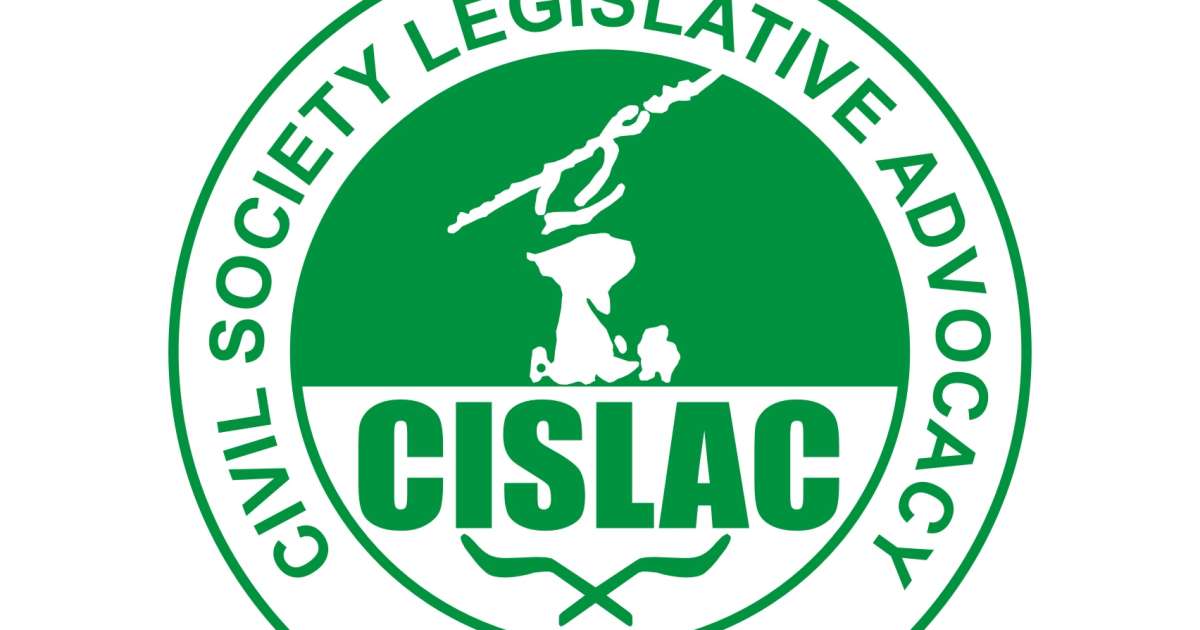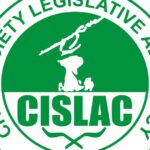The Civil Society Legislative Advocacy Centre (CISLAC) and Transparency International in Nigeria (TI-Nigeria) have said that illegal money changers are responsible for the rising terrorism funding in the country.
The Executive Director of CISLAC/TI-Nigeria, Malam Auwal Musa Rafsanjani, said this on Wednesday in Abuja at the Multi-Stakeholders Meeting on Preventing Terrorism Financing and Violent Extremism in the North East, organised by CISLAC and GIABA-ECOWAS.
This was as the federal government assured of strengthening inter-agency collaboration and deliberate actions to curtail the rising modes of funding for Boko Haram and other terror organisations in the North East of Nigeria.
Rafsanjani noted that while terrorism constituted a global threat, Nigeria, unfortunately, was one of the countries that faced a high level of terrorism.
- OIC, first lady collaborate to fight cancer
- Catholic priest kidnapped in Anambra as police intensify search
He said, “The financial sector has been exploited for terrorism financing. The use of the financial sector indicates the increasing capabilities of some terrorist groups. These include the Bureau de Change operators, Point of Sale (POS) devices, wire transfers and designated non-financial businesses and professions, among other enabling platforms expanding the scope and depth of terrorism financing.
“It is worrisome that illegal money exchangers, including Bureau De Change, have been featured in several terrorism financing investigations. The 2022 National Inherent Risk Assessment of Terrorism Financing report revealed that between 2019 and 2022, about 19 companies were linked to illegal money exchangers.”
He noted that the illegal money exchangers were not under any form of regulations, and as such, that they implemented any preventive measures which made their activities provide a channel for moving illegally obtained funds for terrorism financing.
Also, the Executive Chairman of EFCC, Mr Ola Olukoyede, said the cross-fertilisation of ideas that the event offered would be both seminal and profitable in confronting the scourge of terrorism financing that oxygenated the activities of violent organisations like Boko Haram, ISWAP and those of other gunmen that were on the fringes.
On his part, the Chairman of ICPC, Dr Musa Adamu Aliyu (SAN), recalled that violent attacks and campaign of terror in the North Eastern Nigeria started in 2009 and that almost 15 years after the region was yet to recover.
Mr Edwin W. Harris Jr, the Director General of GIABA, represented by Mr Tim Melaye, the Country Head of GIABA in Nigeria, said that GIABA was a specialised institution of ECOWAS mandated to coordinate the fight against money laundering and terrorism financing in West Africa.
He said that in a broader context, the leadership of ECOWAS was concerned, and deeply so, about the spate of violent extremism, banditry and terrorism in the region, thus the need to take a decisive action in addressing the spread across the region.
The Economic and Financial Crimes Commission (EFCC), Independent Corrupt Practices and Other Related Offences Commission (ICPC), CISLAC/TI-Nigeria, Inter-Governmental Action Group against Money Laundering in West Africa (GIABA) and the Economic Community for West African States (ECOWAS) made commitments at the meeting.

 Join Daily Trust WhatsApp Community For Quick Access To News and Happenings Around You.
Join Daily Trust WhatsApp Community For Quick Access To News and Happenings Around You.

